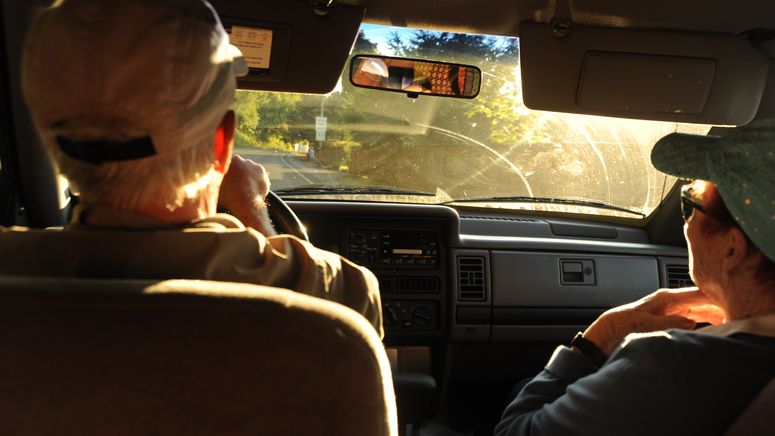Getting a driver’s licence is a rite of passage. When we spend most of our life driving, we don’t tend to think about no longer being able to.
However, ageing presents challenges, some of which make driving unsafe for ourselves and others – such as deteriorating vision and slower reaction times.
If you’re used to the independence of having your own set of wheels, it can take some adjusting to no longer being able to drive. Whether you have had your licence removed or are preparing to give it up, you’ll need to look to other ways to get around.
Moving around without a car
Depending on where you live, there might be many options when it comes to public transport – such as buses, trains and trams – or very few. To find out what public transport is nearby, check the transport website in your state (such as PTV in Victoria).
There may also be community transport available to you as a senior. You can contact your local council for more information. Of course, there are also taxis or Ubers you can catch.
In Victoria, the Multi Purpose Taxi Program (MPTP) subsides some of the cost of these for its members, while there’s the Taxi Transport Subsidy Scheme (TTSS) in NSW. Check within your state to see what support is available.
If you’re able to, walking is a great way to get around while also improving your fitness and health. If you’re not mobile, there are motorised mobility vehicles such as wheelchairs and scooters you can hire or buy. An occupational therapist (for which you can get a referral to via your GP) can help you find the right vehicle for you.
It’s also worthwhile asking family members and friends if they can help you get around. While it may feel awkward asking, they might be more than happy to offer you lifts or take on errands for you.
Rearranging your routine
If you’d prefer not to head out to do your food shopping, utilise home delivery services from supermarkets, or companies such as Uber Eats or Meals on Wheels.
If you’re used to visiting the library to pick up books, see if they can arrange a drop-off service for you. You can also access their reading materials online through library services. And talk to your pharmacy about having your medications delivered to save you having to travel there.
You’ll find you can cut down on travelling around through these simple switches.
In Victoria, there is no age restriction to stop driving. However, you need to be medically safe to drive, which means being aware of your health and any changes that could impact your ability to drive. If so, you’ll need to notify VicRoads – if someone has concerns about your driving, they may also contact VicRoads to request you undergo a medical review.
For the rules relevant to other states, click below:
ACT & NSW
NT
QLD
SA
TAS
WA
Main image: Wonderlane




